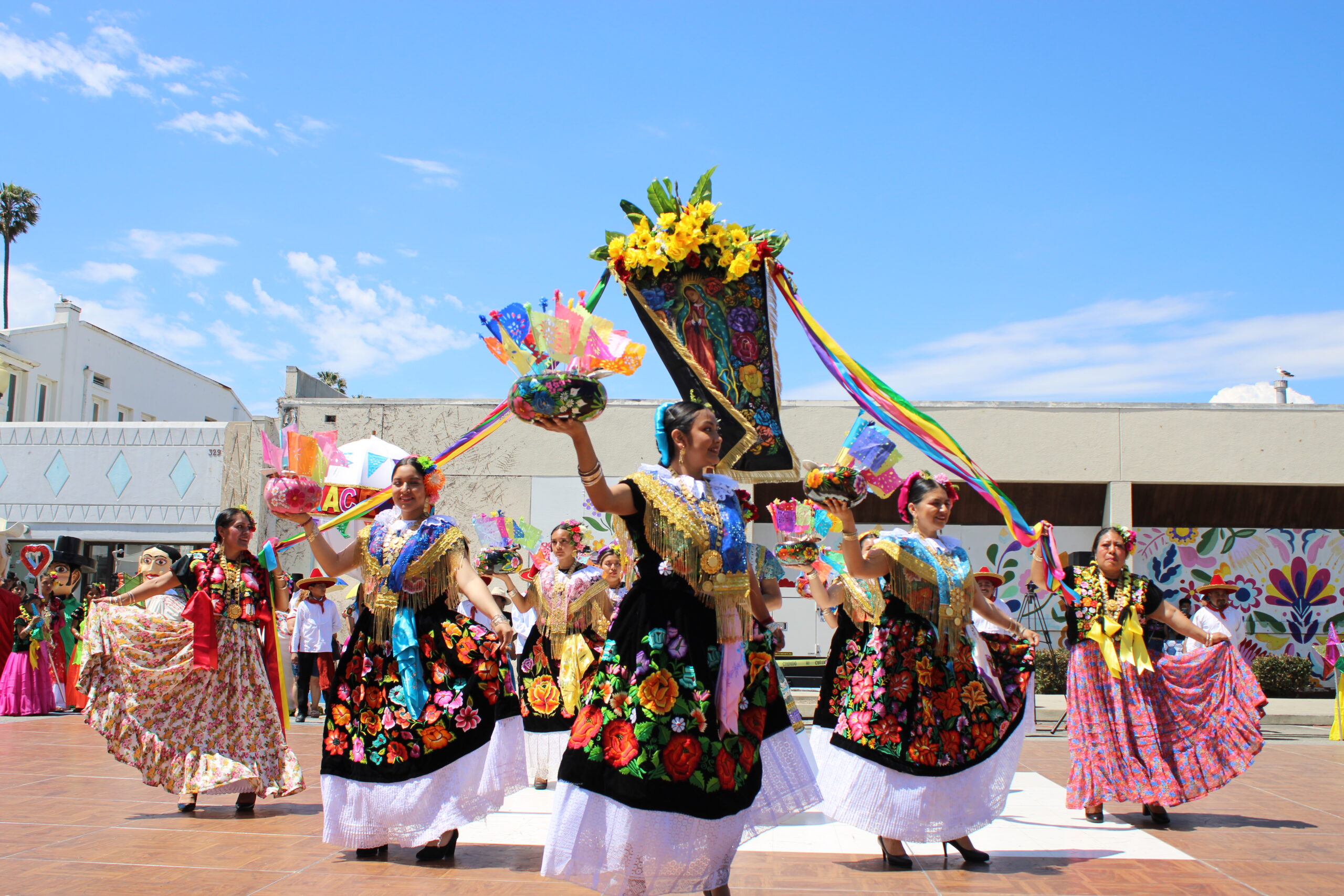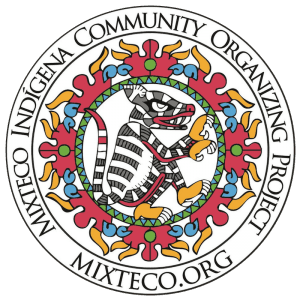What does the 4th of July mean for this indigenous woman?

By: Miguel Hernandez
On a day traditionally used to set off fireworks or enjoy a day picnic in the park, the 4th of July, for migrant indigenous communities, means much more than that. The celebration of the Declaration of Independence of the United States symbolizes the great disconnection that exists between migrant indigenous communities and Western society. Through a series of interviews with members of the Mixtec indigenous community, and the Zapotec community, many expressed how for them the 4th of July is a time that reminds them of the illusions of the American dream and the dark history of the United States.
When the question: “What does the Fourth of July mean to you?” was asked to a young woman originally from Oaxaca from Santiago Lachiguiri, she responded that she feels that that day means very little to her. She shared how she feels that days like the Fourth of July are not part of her culture and there is a huge disconnect between the culture surrounding the Fourth of July and her Mexican culture.
She found it interesting when it was mentioned to the young woman the fact that when the Declaration of Independence was signed, the phrase “all men are created equal” was in there but ironically at that time there was also slavery, Native American lands were constantly taken, and women did not have the right to vote.
Now, almost three hundred years later, several members of the migrant indigenous community continue to believe that the phrase “all men are created equal” does not reflect current life in the United States. The young woman shared how she still sees a lot of toxic masculinity in her community and discrimination against women.
However, when the question “Are you proud to be American?” was asked, she mentioned that she does not identify as an American, but she is proud that her parents made the decision to come to the United States. Thanks to them she was able to have an education that perhaps she would not have been able to have in Mexico. But, for her there is a curiosity about what her life could have been like if her parents had never made the decision to migrate to the United States and if she had been happier in Mexico.
The reflective emotions that the Fourth of July brings are complicated for Indigenous communities since many live in a grey area and do not identify with an American identity. The great disconnect between the 4th of July and the migrant Indigenous community symbolizes the different worlds that the Indigenous community resides in compared to the rest of the U.S.
